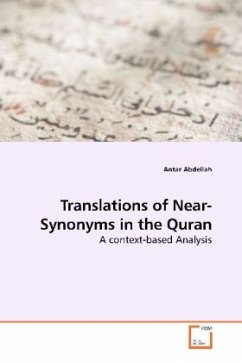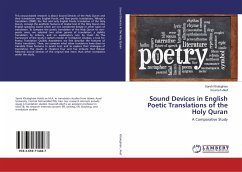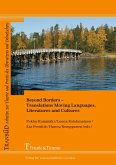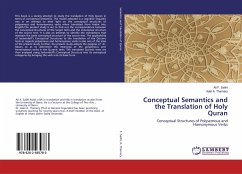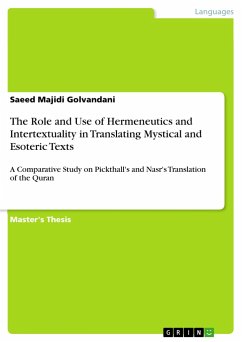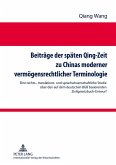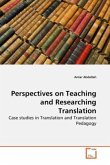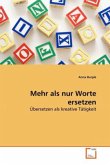The question of whether or not the Qur''an uses synonymy is not the domain of this research, though it is a very important part of the arguments that led to both different interpretations and different translations of the holy text. The problem of this study is mainly how different translators dealt with Qur''anic words that seem to represent a case of synonymity. The study investigates the strategies used by different Qur''an translators in translating these words, and analyzes the contexts where each pair occurs proposing a model for evaluating these translations. In this model, context of the original, linguistic- cultural- emotional, should be thoroughly analyzed and carefully regarded in the process of translating whereby there should be a parallel linguistic context, a suitable cultural background, and an equivalent emotional context. This model is then applied on 5 translations of a pair of near-synonyms in the Qur''an.

